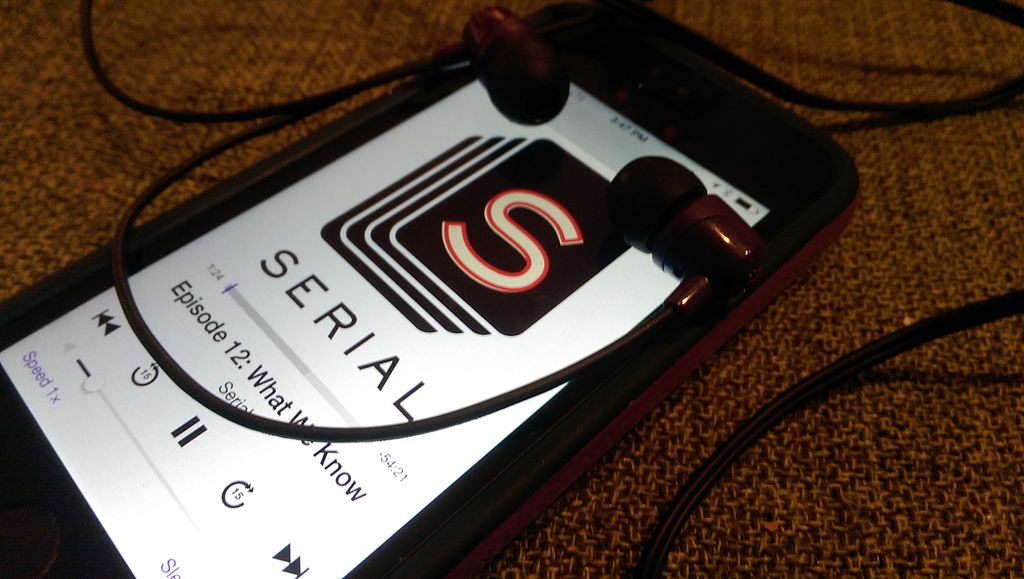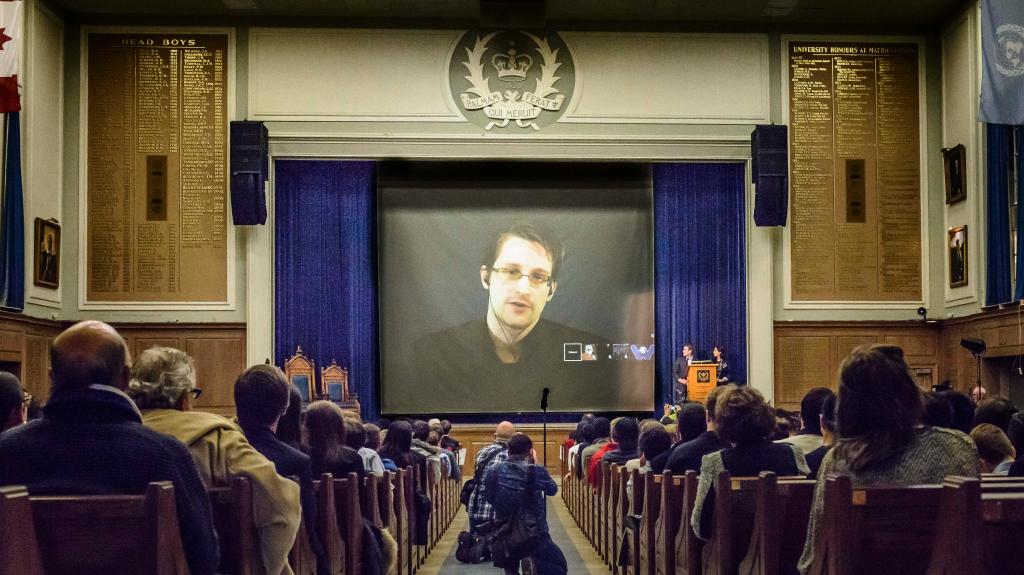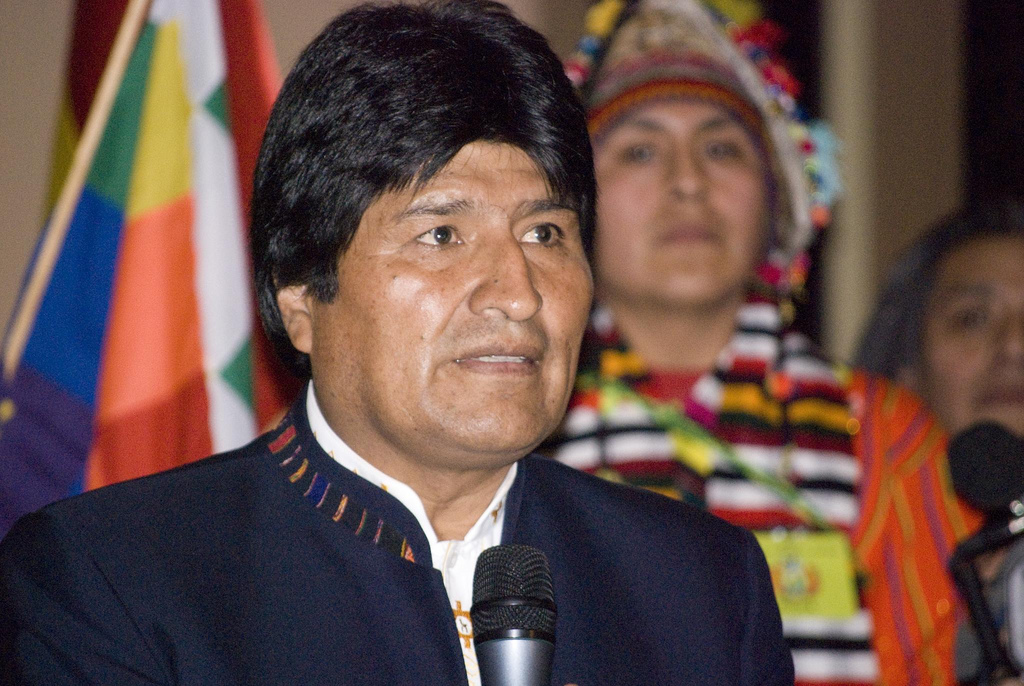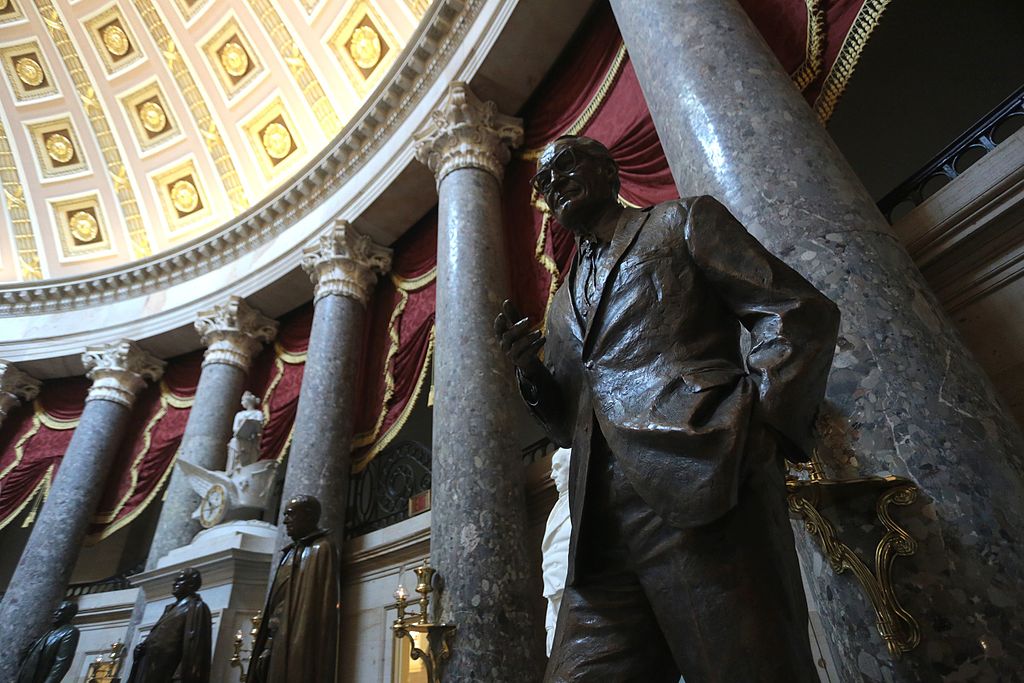James Comey, former Director of the FBI, recently testified in front of the Senate Intelligence Committee regarding conversations that he had with President Trump. The public knew some of the details from these conversations before Comey’s testimony, because he had written down his recollections in memos, and portions of these memos were leaked to the press. We now know that Comey himself was responsible for leaking the memos. He reportedly did so to force the Department of Justice to appoint a special prosecutor. It turned out that his gamble was successful, as Robert Mueller was appointed special prosecutor to lead the investigation into possible collusion between the Trump campaign and the Russian government.
After the testimony, President Trump blasted Comey as a Leaker. He tweeted, “Despite so many false statements and lies, total and complete vindication…and WOW, Comey is a leaker!” Trump later tweeted that Comey’s leaking was “Very ‘cowardly!’” Trump’s antipathy towards leaking makes sense against the background of the unprecedented number of leaks occurring during his term in office. It seems as if there is a new leak every day. Given the politically damaging nature of these leaks, supporters of the president have been quick to condemn them as endangering national security, and to call for prosecutions of these leakers. Just recently, NSA contractor Reality Winner was charged under the Espionage Act for leaking classified materials to the press. However, it is worth remembering that, during the election campaign, then-candidate Trump praised Wikileaks on numerous occasions for its release of the hacked emails from the Democratic National Committee.
A cynical reading of this recent chain of events suggests that the stance that government figures take towards the ethics of leaking is purely motivated by politics. Leaking is good when it damages a political opponent. Leaking is bad when it damages a political ally. Sadly, this may be a true analysis of politicians’ shifting stances towards leakers. However, it does not answer the underlying question as to whether leaking can ever be morally permissible and, if it can be, under what circumstances might it be?
Approaches may differ, but I think it is reasonable to ask this question in a way that assumes that government leaking requires special justification. This is for two reasons. First, the leaking of classified information is almost always a violation of federal law. Leaking classified information violates the Espionage Act, which sets out penalties of imprisonment for individuals who disclose classified information to those not entitled to receive it. As a general moral rule, individuals ought to obey all laws, unless a special justification exists for their violation. General conformity to the law ensures an order and stability necessary to the safety, security, and well-being of the nation. More specifically, the Espionage Act is intended to protect the nation’s security. Leaking classified information to the press risks our nation’s intelligence operations by potentially exposing our sources and methods to hostile foreign governments.
Second, as Stephen L. Carter of Bloomberg points out, “leakers are liars,” and there is a strong moral presumption against lying. Carter provides a succinct explanation: “The leaker goes to work every day and implicitly tells colleagues, ‘You can trust me with Secret A.’ Then the leaker, on further consideration, decides to share Secret A with the world. The next day the leaker goes back to work and says, ‘You can trust me with Secret B.’ But it’s a lie. The leaker cannot be trusted.”
The strong presumption against lying flows from the idea that morality requires that we do not make an exception of ourselves in our actions. We generally want and expect others to tell us the truth; we have no right ourselves, then, to be cavalier with the truth when speaking with others. Lying may sometimes be justified, but it requires strong reasons in its favor.
Ethical leaking might be required to meet two standards: (A) the leak is intended to achieve a public good that overrides the moral presumption lying and law-breaking, or (B) leaking is the only viable option to achieving this public good. What public good does leaking often promote? Defenders of leaks often argue that leaking reveals information that the public needs to know to hold their leaders accountable for wrongdoing. Famous leaker Edward Snowden, for example, revealed information concerning the surveillance capabilities of the National Security Agency (NSA); it is arguable that the public needed to know this information to have an informed debate on the acceptable limits of government surveillance and its relation to freedom and security.
Since leaking often involves lying and breaking the law, it must be considered whether other options exist, besides leaking, to promote the public good at issue. Government figures who criticize leakers often claim that they have avenues within the government to protest wrong-doing. Supporters of Snowden’s actions pointed out, however, that legal means to expose the NSA’s surveillance programs were not open to him because, as a contractor, he did not have the same whistleblower protections as do government employees and because NSA’s programs were considered completely legal by the US government at the time. Leaking appeared to be his only viable option for making the information public.
Each act of leaking appears to require a difficult moral calculation. How much damage will my leaking do to the efforts of the national security team? How important is it for the public to know this classified information? How likely is it that I could achieve my goals through legal means within the government system? Though a moral presumption against leaking may exist—you shouldn’t leak classified information for just any old reason—leaking in the context of an unaccountable government engaged in serious wrongdoing has been justified in the past, and I expect we will see many instances in the future where government leaks will be justified.












